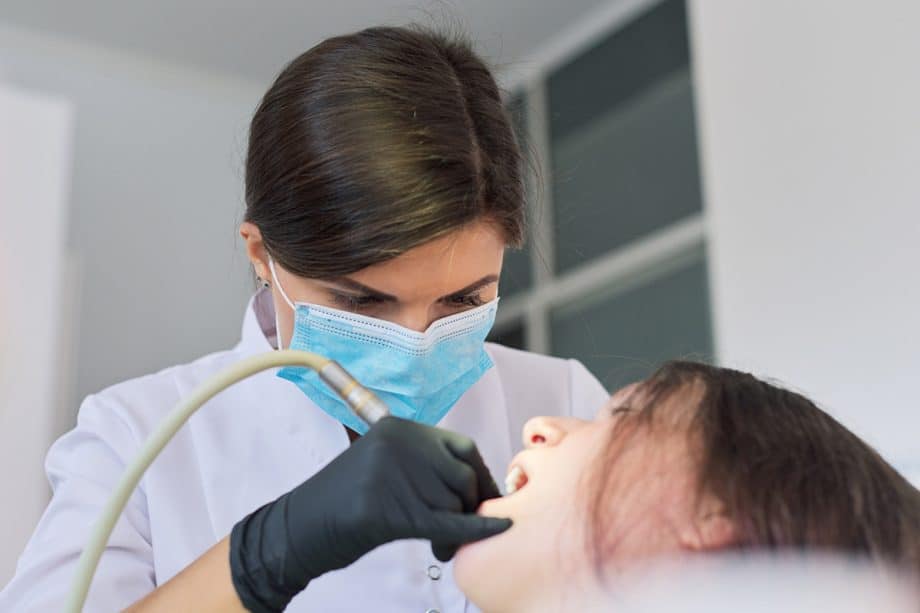Sedation dentistry has allowed countless dental patients a pathway to get the dental care they need and deserve. For various reasons, some patients can't tolerate some dental procedures, be it past experiences in the dentist's chair or personal trauma. With sedation dentistry, they can overcome their fears and trauma and relax while receiving the dental work they need.
If you are considering dental work with sedation dentistry, you may have many questions, including if it is safe. Here, our dental professionals answer some of your common questions about sedation dentistry.
What is Sedation Dentistry?
Sedation dentistry refers to the use of certain medications given under the supervision of the dentist to help a patient relax during a dental procedure. It helps to reduce fear and anxiety associated with going to the dentist, letting patients get the care they need without feeling stressed or overwhelmed.
How Safe is Sedation Dentistry?
When administered by a licensed and experienced dentist, sedation dentistry is generally very safe. The risk of complications is very low, and most people have little to no side effects. Sedation dentistry medications are carefully monitored and adjusted to ensure patient safety during their entire dental procedure.
However, similar to any other medical procedure, there are risks involved with sedation dentistry. As such, discussing any potential risks with your dentist before undergoing sedation dentistry is crucial.
Who Isn't an Ideal Candidate for Sedation Dentistry?
Some individuals shouldn't receive sedation dentistry, such as those with certain medical conditions or expectant mothers. You should tell your dentist about any medical conditions you have before receiving any type of sedation.
Additionally, dental patients with allergies to the sedation medications are also not candidates, as are those who have had adverse reactions to sedatives in the past.
What are the Common Side Effects of Sedation Dentistry?
Sedation dentistry can have several common side effects. However, most are mild and short-lived. They include:
- Confusion: Some dental sedation patients will become confused or disoriented after the procedure.
- Dry mouth: Due to relaxed salivary glands during the procedure, which reduces saliva production.
- Nausea or vomiting: Nausea or vomiting is sometimes common after receiving various types of sedation.
- Slowed breathing: When sedated, the body can become more relaxed, causing the breathing to slow down. However, the dental staff will monitor this and reduce your sedation if it becomes a concern.
- Low blood pressure: It's normal for sedatives to cause a decrease in blood pressure to drop. You may feel lightheaded or faint.
- Allergic reactions: Be sure to tell your dentist if you have any allergies or are taking any medications before having sedation dentistry so they can avoid or monitor the potential for allergic reactions.
It is important to remember that these side effects are rare, especially when the proper protocols and guidelines are not followed. Your dentist and their trained staff will monitor you throughout the entire sedation procedure to ensure your comfort and safety.
Do You Have More Questions about Sedation Dentistry? Call Integrated Dentistry Today
At Integrated Dentistry, we want everyone to feel confident coming to us for care. Some patients require sedation dentistry to be able to get the dental care they need, and we are happy to offer it. We can address any questions or concerns you have about sedation dentistry so that you can have the best experience possible in our office. To learn more or schedule an appointment, please call our Bentonville, AR, office at 479-333-1300.

